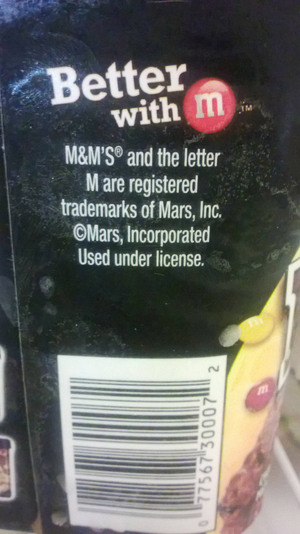Tag Archives: copyright
Lois McGrath writes:
Outside the Karma Stone [bar] in Wexford Street Dublin 2. Is superman allowed do this? Someone needs to think of the children…the other two are Batman and The Hulk.
Do Not Likey
at

[Above: Jacobus Rentmeester’s photo of Michael Jordan and how the two silhouettes (Rentmeester’s left and Nike’s Jumpman right) compare.]
Jacobus Rentmeester is suing Nike in federal court in Oregon for copyright infringement. Not only is he asking for profits associated with the Jordan brand, which generated $3.2 billion in retail sales in 2014, but he also is seeking to halt current sales and plans for the brand’s future.
Rentmeester says he took a picture of Jordan in his Olympic warm-ups in 1984 for an issue of Life Magazine. After it was published, Nike’s Peter Moore, who designed the first Air Jordans, paid $150 for temporary use of Rentmeester’s slides. Rentmeester says Nike used his photo to recreate the shot with Jordan in Bulls gear with the Chicago skyline in the background, but that it was essentially still his work.
It’s Mr Tayto’s sinister foreign doppelgänger at it again.
Savod writes:
“These are crisps in a Kiosk in Malta. Surely there is some copyright infringement…”
Previously: Mr Tayto’s Evil Twin
You may recall the commotion and genuine hoo ha over blogs and whatnot linking to articles on newspaper websites.
The National Newspapers of Ireland (NNI) even considered CHARGING sites for linking to their clients’ free content. Cheeky monkeys.
It was a right ‘to do’ and no mistake.
Last week the EU Court of Justice held that websites can link to freely available content without the permission of the copyright holder.
But what about *cough* when sites use extracts?
Fergal Crehan writes:
“Some months ago, a client of mine got an invoice from a licensing agent, charging them for linking to newspaper articles on various websites. They sought advice on the matter, and I researched an opinion.
It was always my view that a link is an address, not an item of copyrightable material in itself. So linking to a newspaper’s own website does no more than draw the readers attention to it. At the time, I wrote that it was “much as one would direct a potential audience to the performance of a theatrical work by notifying them of the time and place of the performance”.
Last week’s decision of the EU Court of Justice takes the same view, but arrives at it via a slightly different route. The defendant in that case was Retriever, a Swedish commercial link aggregator. Retriever was sued by a number of journalists for infringement of their copyright by linking to their articles. All of those articles were available to view for free on the website of the Göteborgs-Posten newspaper.
The Court held that when an article is made available on the web – unless hidden behind a paywall – it is made fully available to all persons with internet access. Linking to that article does not create a new audience for it, because it is already freely available. So the mere act of linking from one web page to another “does not constitute an act of communication to the public”. Therefore it is not something that infringes on the copyright of that web page or its content. Where there is a paywall, any linking that circumvented the paywall would create a new audience, and therefore rob the newspaper of potential customers.
It follows from this that charging for a license for links is no longer a viable business model, whether the linking is commercial or otherwise.
What you still can’t do, however, is copy and paste the text of the article. How much of an article you can get away with quoting is unclear, but there is Court of Justice of the European Union case law to the effect that the creation of an eleven-word extract from a news article was capable of constituting “a reproduction, in whole or in part”.
Thus, a short extract, where “the elements thus reproduced are the expression of the intellectual creation of their author” must come under the protection of the Reproduction Right. Technically, then, even reproduction of a headline might require a license. If you want to link to a story, the safe thing is to provide just a bare link rather than a clickable headline. This ban on reproduction seems to go against the “no new audience” argument, but as of now at least, both of these rules stand as the law of the European Union. Maybe a later case will offer some clarity.
RUN!
Fergal Crehan is a barrister specialising in the area of copyright and whatnot. He also writes on the Tuppenceworth blog.
M ©
at French graffiti artist Mathieu Tremblin’s faux Getty Images watermark.
French graffiti artist Mathieu Tremblin’s faux Getty Images watermark.
Copyright reserved when viewed from certain angles.
Keith writes:
This might be of interest in relation to your post earlier regarding the National Newspapers of ireland taking issue with search engines ‘pirating’ their content.
All the major search engine crawlers will obey a file called robots.txt where you can set rules as to what they are allowed to index.
All of the major newspaper can make use of this file and you will be surprised to know all the major Irish newspapers explicitly allow search engines to index their content.
If they don’t want links to their content showing up in search results all they have to do is add the following line to the file and all will be sorted,
User-agent: *
Disallow: /
But why would they do so as most of their traffic is from search engines?
Oh.
Earlier: The Dead Tree Trolls
Former advertising art director Peter Heron, the Irish CEO of NYC-based denim company I Am Not A Virgin, (currently about a tenth of the way toward raising $100,000 in funding through Kickstarter), is having a bit of a legal hoo-hah with Richard Branson.
Here, he states his David versus Goliath case.
Virgin legal missive and product details here.
What do you make of it at all?
(Thanks Sheila Larkin)


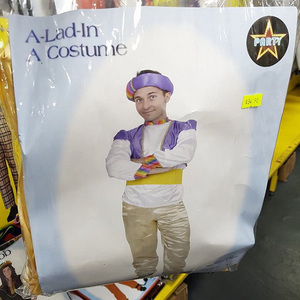

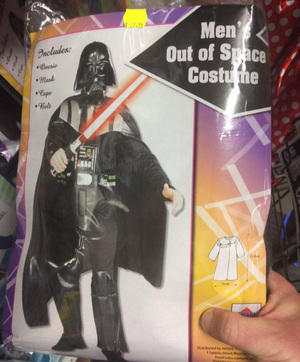





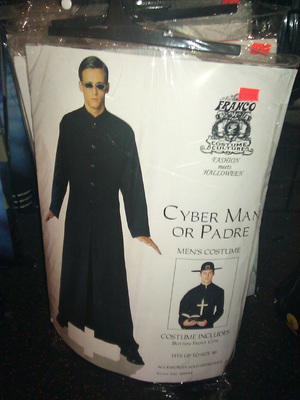



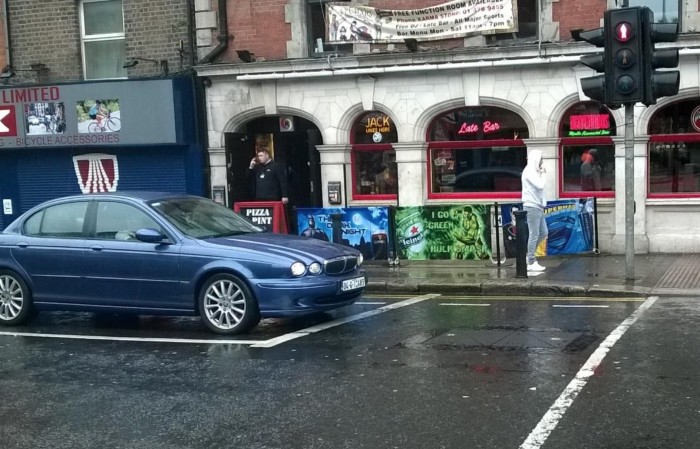
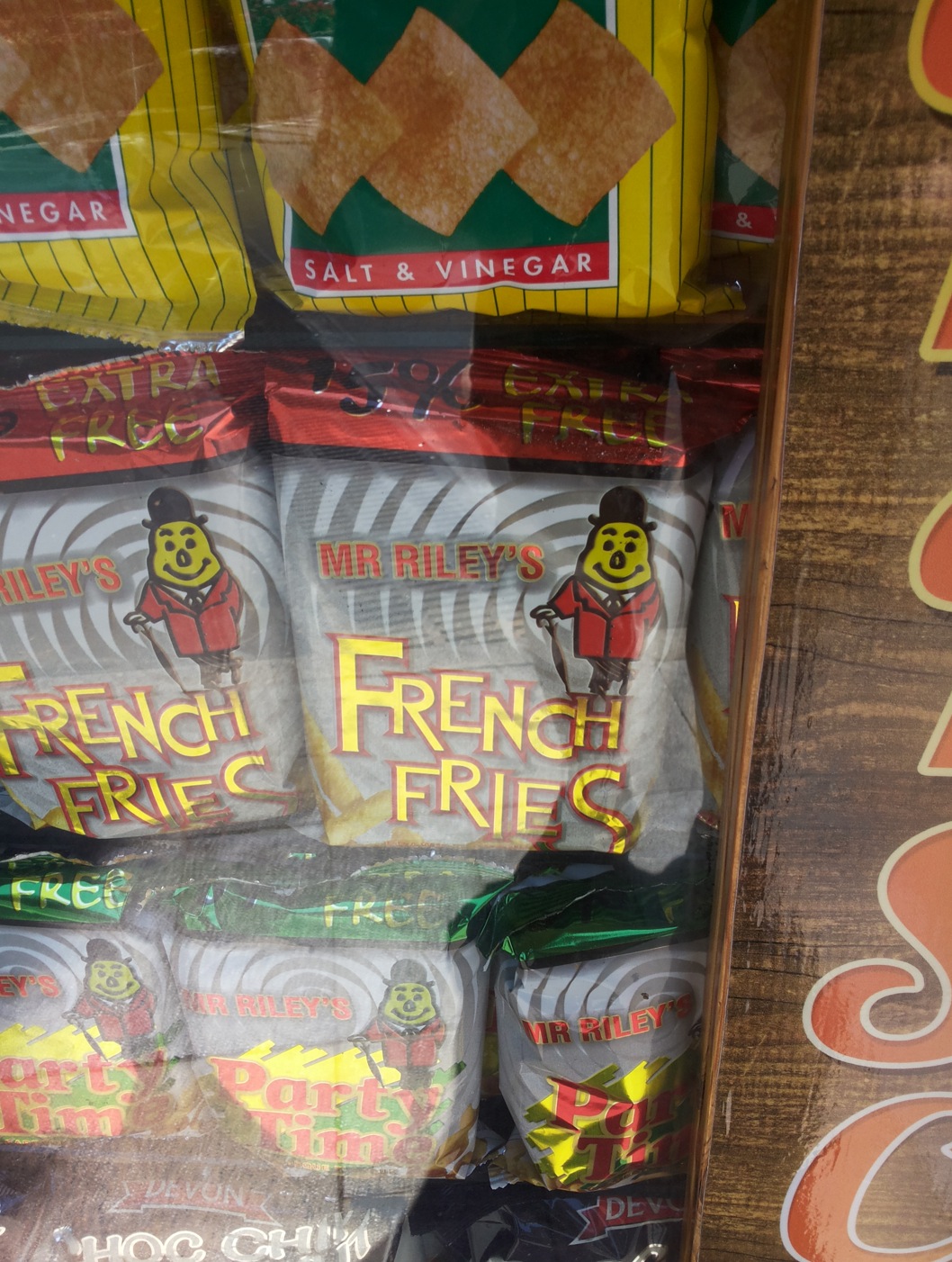


 [Fergal Crehan]
[Fergal Crehan]